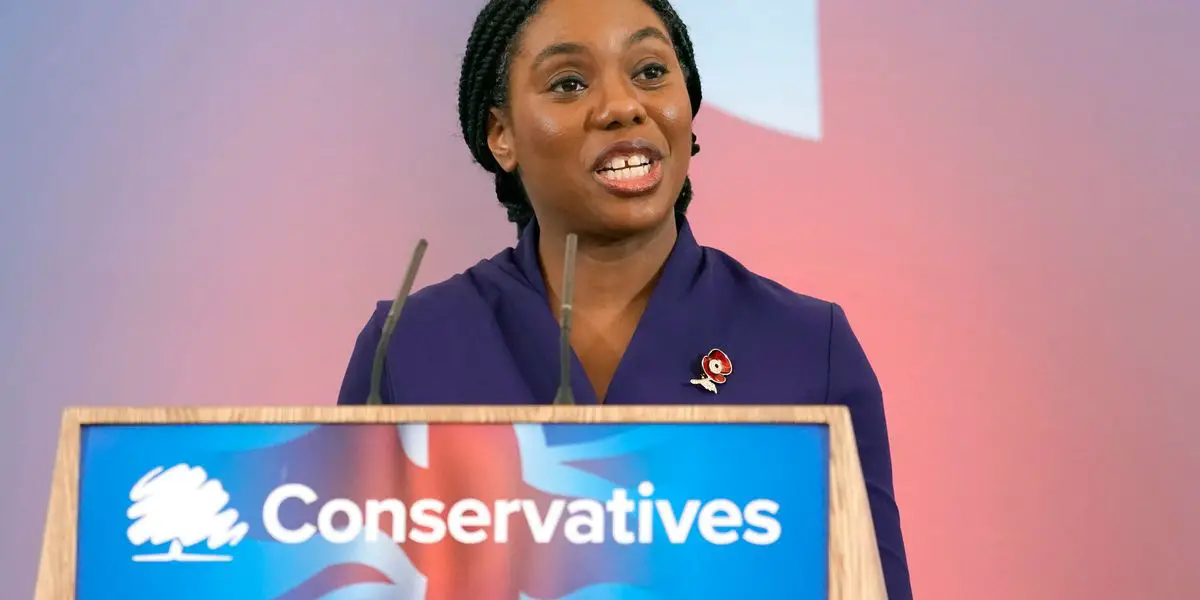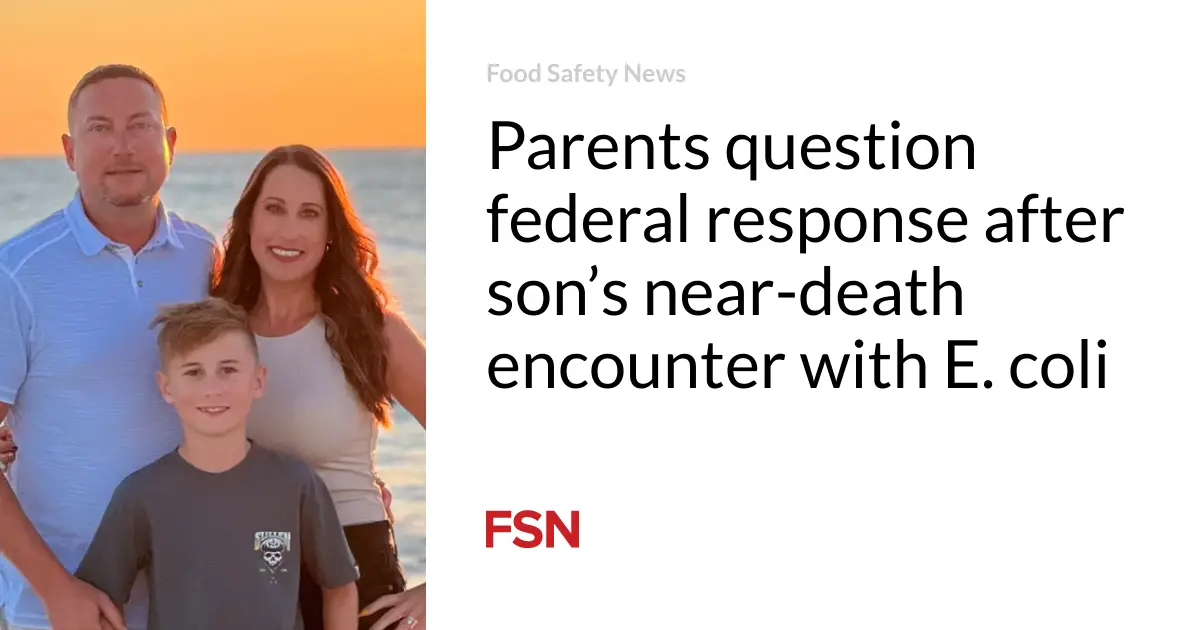Amid renewed concern over the millions of people in England who can not get NHS dental care, and a warning that the current “dental recovery plan” will not work, ministers are drawing up their own proposals to tackle what is widely agreed to be a crisis.
Here experts set out four ideas for how to revive NHS dentistry and help patients get the care they need without paying for it privately, as many are having to do now, or undertaking “DIY dentistry”, such as pulling their rotten teeth themselves.
1 A GP-style right to register with an NHS dentist
Patients used to have a right to register with and be treated by an NHS dentist, in the same way that they could, and still can, with a GP surgery. However, that right was removed in 2006.
The guaranteed access system was replaced with one where, under a new dental contract, dentists were paid by “unit of dental activity” (UDA) – care and treatment – rather than being paid an agreed sum in lieu of the care they provided when needed to every person registered with them.
“People are also confused about the relationship between an NHS dentist and patients, with many mistakenly believing they can register with a dentist permanently – a right they lost in 2006 when the current contract was introduced”, explains Louise Ansari, the chief executive of Healthwatch England, the NHS patient watchdog.
“We urge the government to base their plans to improve NHS dentistry on the principle of giving people the right to register permanently with a dental practice, as they do with an NHS GP. This will help them access ongoing appointments and checkups and ensure continuity of care from a trusted professional,” she adds.
The change in 2006 is a key reason for the loss of general access to NHS dental care, and so it is time to go back to the old system, Ansari believes.
2 Fewer checkups
Traditionally, dentists have usually suggested that patients come back every six months for a checkup of their teeth and gums. However, Mark Dayan, a policy analyst at the Nuffield Trust health thinktank, says such regular checkups are unnecessary. If the gap between appointments was widened – to one or even two years – dentists would have more time to provide more NHS-funded care and patients would not suffer, as emerging problems with their teeth would not be missed, he says.
“Traditionally, NHS dentists have by default asked people to come back for a checkup every six months. But a review of the evidence by the expert body Nice found that a gap as long as two years was perfectly safe for many adults.
“There is an appalling shortage of dental care, with many people going without NHS checkups at all. NHS England has already started to raise these flexibilities. But in order to free up dentists’ time, there is a good case for them to say more clearly that people should be told to wait at least a year unless they have a particular problem, and two years in many cases,” says Dayan.
Such a radical change would need to be accompanied by a public information campaign that seeks to reassure the public that one or two years is a safe interval between recall appointments for those who have healthy teeth, he adds.
3 Ditch the dental contract
There is widespread consensus that the current dental contact, between the government and dentists in England, is unfit for purpose and needs to be replaced. Both Labour and the Conservatives agree, as did the Commons health select committee in the last parliament, the Nuffield Trust and the British Dental Association (BDA), which represents dentists and has called for radical change for some time.
The organisation thinks it is absurd and unhelpful for patients that under the current contract “an NHS dentist is paid the same whether they deliver three fillings or 20. This means they are punished for taking on high-needs patients – the people who need NHS dentistry the most – and can end up delivering NHS treatment at a financial loss for doing so.
“The system offers no reward for prevention. The amount of dentistry an NHS dentist [can do] is capped under this system. If you fail to hit your targets – often as a result of unfilled vacancies – you face financial penalties, [but] try to do more and you won’t get paid.”
The BDA wants to see a new system that would be focused on helping prevent people’s teeth decaying in the first place and give extra support to those with the poorest oral health. This is broadly the same as what Lord Darzi recommended in his review of the NHS in September.
4 Overhaul the funding of NHS dental care
NHS dental care is so dysfunctional that some of the budget to pay for the care patients receive goes unspent, because of the reduction in NHS treatment being provided, as the National Audit Office recognised in its report on Wednesday.
Units of dental activity are the main problem, says Dayan. “NHS dentists are currently paid for each unit of activity they do – with one unit for a checkup, three for a filling, and so on.
“This is very simplistic, given how different patients are, and means dentists are penalised for tackling the most difficult problems because they get no more money for them. It means dental practices actually lose out on funding if they keep people well so that they don’t need treatment.”
Instead, he suggests, dentists should be paid on the basis of a “capitation model”, whereby they would receive a set sum to cover the costs of treating their local population.
The BDA agrees. It says replacing UDAs would help tackle the 21% vacancy rate for dentists in high street practices and help encourage surgeries to know that meaningful change was coming.
“Fix a broken contract and fund this service properly and we can consign some of the horrors we’ve seen back to the Victorian era,” says Dr Shawn Charlwood, the chair of the BDA’s general dental practice committee.








